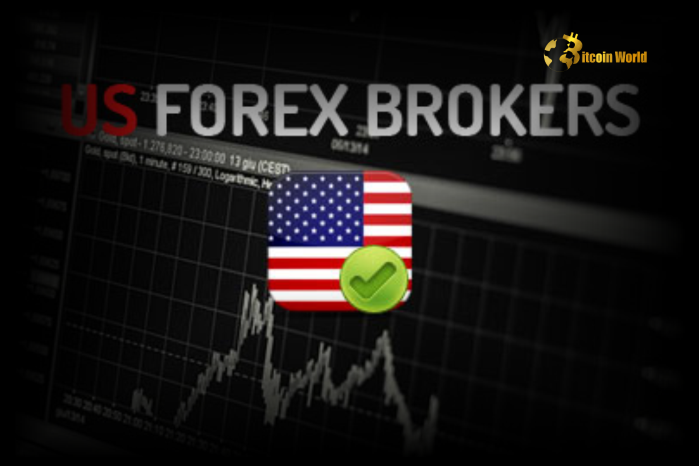Legal Regulations for Forex in the United States
Legal Regulations for Forex in the United States
Blog Article
How to Choose a Forex Broker in America
Foreign change, or Forex trading, draws countless members in the United States every year. Their absolute measurement and liquidity make it one of the very desirable markets globally. But, forex trading for beginners. takes a special and rigid way of regulating Forex activities. If you are seeking to trade currencies or simply desire to understand how appropriate frameworks shape the Forex market, knowledge these regulations is crucial.

Crucial Appropriate Frameworks Surrounding Forex in the US
Forex regulation in the United States stands apart due to its complete chance regulates and client protections. Two primary government bodies oversee many Forex actions:
• Product Futures Trading Commission (CFTC)
• National Futures Association (NFA)
The CFTC, made in 1974, is assigned with regulating the futures and possibilities markets, foreign exchange included. The NFA, as a self-regulatory company, operates tightly with the CFTC to enforce principles and maintain equity in trading practices.
Registration and Compliance
Every Forex vendor or broker employing U.S. citizens must enroll with both CFTC and NFA. These entities may also be required to stick to demanding functional criteria, including:
• Minimal internet capital needs (often more than in other countries)
• Ongoing audits
• Strong anti-money laundering (AML) plans
• Clear chance disclosure
Violations may cause hefty fines or a lasting ban from the market. This regulatory structure aims to stop scam, protect investors, and improve industry integrity.
Important Constraints on Forex Activities
Foundational defenses influence how Forex operates in the U.S.:
• Control limits: The NFA sets a optimum influence of 50:1 for important currency sets and 20:1 for minors. That is much lower than several international markets, helping protect new traders from substantial losses.
• Segregation of funds: U.S. legislation needs that customer resources are kept split up from broker functional funds. That evaluate safeguards traders in the event a broker becomes insolvent.
• Advertising and disclosure: Firms should clearly explain risks, fees, and trading systems to clients. Inaccurate or hostile solicitation methods experience strict penalties.
Enforcement and Penalties
U.S. agencies frequently monitor for fraudulent systems, insider trading, and illicit industry manipulation. Statistical knowledge from enforcement studies reveals a consistent sample of penalties and settlements recently, highlighting ongoing vigilance. This environment, while stricter than many areas of the entire world, produces a safer playing subject for retail and institutional traders alike.
What to Contemplate as a US Forex Trader
New traits disclose a continuous rise in regulatory measures, a focus on consumer training, and continuous improvements to compliance requirements. If you plan to industry Forex in the U.S., it's necessary to:
• Ensure a broker's active subscription status
• Remain up-to-date with regulatory changes
• Evaluation chance disclosures before generally making trades
This approach minimizes unforeseen losses and improves your prospects in a firmly controlled but sturdy marketplace. By knowledge legitimate regulations, U.S. traders may confidently be involved in the Forex industry while staying within the parameters of the law.
Report this page